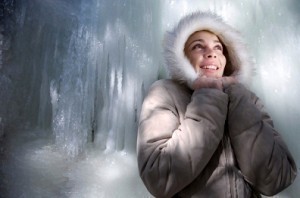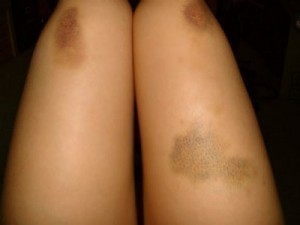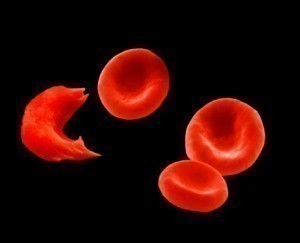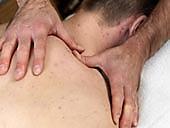What Causes Chills?
The term “chills” is usually used to refer to the feeling of being cold that a person experiences after being exposed to a cold environment and persons will sometimes say that they have the chills because goose bumps come up on them to raise the hairs on their body for insulation; the term is also used when people are frightened or nervous and tremble as a result. However the term can also be used to refer to an episode of shivering, caused by a variety of illnesses, and accompanied by paleness, and chills in this case can be a sign of something serious; it is impossible to pinpoint a single cause for chills as it can be a symptom of so many illnesses, so let’s look at a few of them.
As far as sickness is concerned, chills are typically associated with the onset of a fever; chills are actually the rapid contracting and relaxing of the muscles in a person’s body and are the body’s way of generating heat when it is cold. Chills often occur at the beginning of an infection such as the flu or a urinary tract infection; chills can also be a sign of a far more serious disease such as malaria, and as such should not be ignored or taken lightly unless you know for certain what is causing it.
 As mentioned before, there are several illnesses that can cause chills including colds, influenza, bacterial gastroenteritis, meningitis, pneumonia, viral gastroenteritis, and strep throat. Infants don’t usually develop obvious chills even if they have a high fever, however this does not mean that the fever is not serious and it must be treated immediately; in young children though chills are very common as they tend to develop much higher fevers than adults even in minor illnesses.
As mentioned before, there are several illnesses that can cause chills including colds, influenza, bacterial gastroenteritis, meningitis, pneumonia, viral gastroenteritis, and strep throat. Infants don’t usually develop obvious chills even if they have a high fever, however this does not mean that the fever is not serious and it must be treated immediately; in young children though chills are very common as they tend to develop much higher fevers than adults even in minor illnesses.
If the cause of your chills is the cold, then the remedy is simple as all you need to do is put on a jacket or find a warmer place to go, remedying chills caused by fright or nervousness is also pretty straightforward. For chills associated with a fever that needs to be remedied as quickly as possible, the remedy can be as simple as drinking fluids to keep hydrated and getting plenty of rest; however this will only work for mild fevers and higher fevers will have to be treated with a more hands on approach. Sponging the body with warm water may be enough to reduce the fever, cold water should not be used as it can make the chills worse, the warm water will cool the body when it evaporates and reduce the fever at the same time. It may also be a good idea to use medication such as acetaminophen to reduce the fever and eliminate the chills.
If none of the above treatments work, if a fever remains high for more than a few hours or is not completely gone in 5 days, or if the patient is confused, irritable, or short of breath it is time to see a doctor as there might be some serious underlying problem causing the fever.






